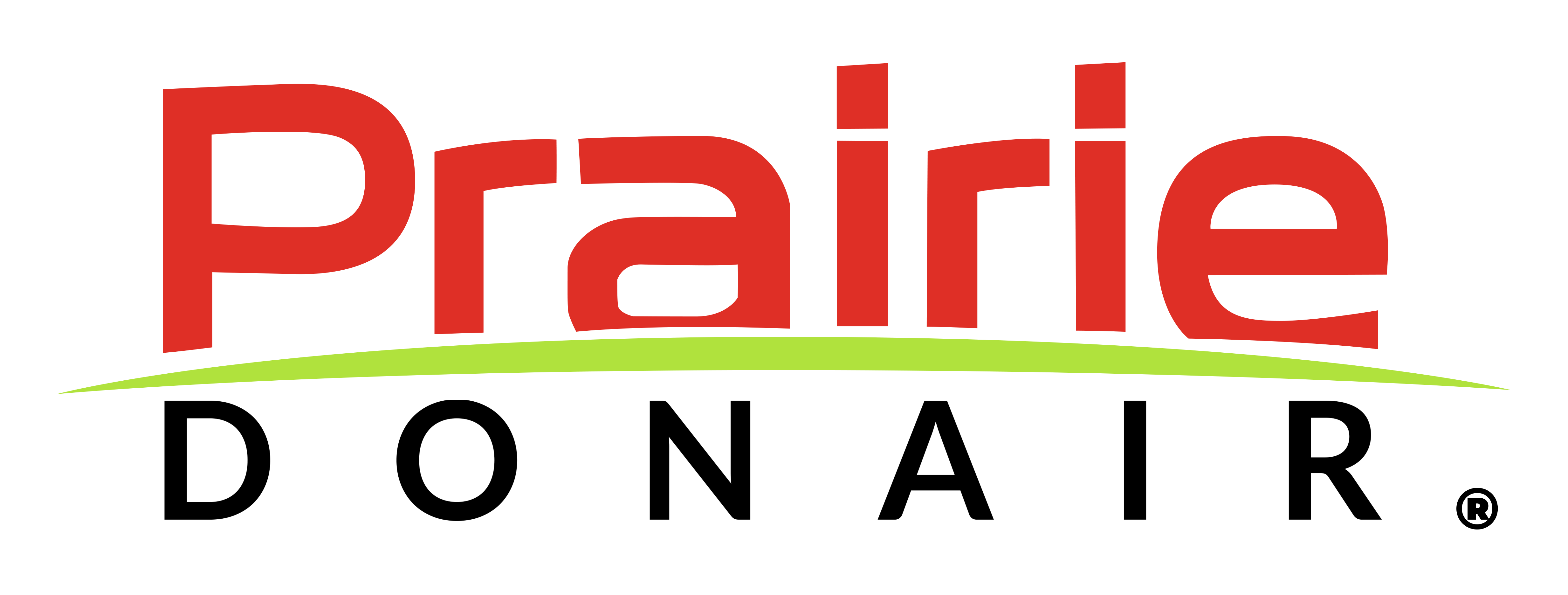Franchisors know the strength of brand awareness, that brand loyalty is essential, and that their location owners need to be their biggest cheerleaders. These examples demonstrate that, whether a system is comparatively new or one that’s been around for some time, successful brands will embrace their franchisees and the important role they play in the company’s success.
By David Chilton Saggers
Pizza 73
One of the benefits of investing in a Pizza 73 location is its high profile and strong appeal, says Paul Rice, vice president of operations and development.
“Pizza 73 is a very strong pizza brand,” explains Rice. “It’s been around since 1985, and we are dominant in the Alberta and northern Saskatchewan markets.” Other advantages include strong system support, expert advice, and the size and strength of Pizza Pizza Limited, Pizza 73’s parent company.
To take advantage of and prosper from the strength of Pizza 73’s brand, Rice says investors should have pride in the product right out of the gate, have a solid foundation in customer service, and “it definitely helps to have a background in a sector such as quick service restaurants.”
Incoming franchisees come from all walks of life, but Rice says he sees professionals who have worked in the pizza segment in the past and want to return as business owners.
There are 89 Pizza 73 locations, 80 of which are joint ventures between Pizza Pizza Limited and one or more shareholders, that can be found in large Alberta markets such as Edmonton and Calgary. The other nine within the province are franchised (the first launched in 2016) and are in smaller communities such as Taber, Drayton Valley, Cold Lake, and Strathmore; another three are being readied in Alberta and Saskatchewan.
Rice explains that the company has historically looked for towns of at least 25,000 in which to expand the system, and while Pizza 73 will continue to develop in established markets like Calgary, Edmonton, and other large cities in Alberta, there are exciting plans to grow franchise opportunities in smaller markets across the region.
Regardless of location, Rice explains that Pizza 73 has “every category covered” when it comes to customer demographics, and while Pizza 73’s menu has something for everyone, the system has a strong focus on group eating occasions and ordering, offering first-class pizza made from fresh dough every day and additional menu items like poutine.
As for dining hours, Rice says, “Dinner is definitely our bread and butter.” As a changing economy leads customers to pull back from dining out, Pizza 73’s domination of dinnertime diners has slipped slightly, but it’s rebounding, and delivery revenue remains strong. The company is also beginning to sell slices at more locations and has begun to target expansion during the lucrative lunch and late-night hours.
Most Pizza 73 locations are new builds, says Rice, and the cost of a franchise is between $450,000 and $500,000. Training takes place in a top-performing store in Calgary or Edmonton, lasts four to six weeks, and focuses on communications and building relationships, given that customer satisfaction is paramount for the brand.
Harvest Clean Eats
Connor Stoilov gets straight to the point when he’s asked about expansion for his four-year-old system, Harvest Clean Eats. “Really, our goal is to expand across the country. We believe Canadians deserve better fast food,” he says. That means extending the brand’s presence from its homebase in Atlantic Canada, where it has one corporate store, and eight franchises in New Brunswick, Prince Edward Island, and Nova Scotia. Stoilov, the founder and CEO of the brand, says that its first Ontario location will open later this year, with others to follow in the Greater Toronto Area, Ottawa, and Kingston in 2025. “We’re on a mission in the next five years to have 100 locations,” Stoilov explains.
As its name suggests, Harvest Clean Eats offers healthy food options in a fast-casual dining setting. On the menu customers will find items like a Mexican black bean bowl, a Thai peanut burrito, and a chicken avocado pesto wrap or panini, as well as salads, smoothies, and specialty coffee.
Stoilov says the target customers for Harvest Clean Eats are millennials, those with an active lifestyle, and business professionals who are looking for high-quality food. He notes that at the moment his customer base skews more female than male, and that’s reflected in who’s interested in owning a franchise location, too. “Our concept opens the door to attract female franchise partners,” says Stoilov, who explains how his system offers both single- and multi-unit opportunities and that he looks for hands-on operators with a positive attitude, although they don’t need a background in restaurants.
Harvest Clean Eats locations include new builds and conversions, and the size of each varies, from the smaller 400-square-foot location in the Halifax Shopping Centre’s food court to Stoilov’s ideal size of 1,300 to 1,800 square feet. Streetfronts, airports, hospitals, and college and university campuses are all fertile ground for a franchise, he adds.
The cost of a franchise runs from $385,000 to $700,000. Training takes two weeks at the corporate store in Halifax, though there’s continuing instruction after that, and support staff is on hand at new locations before they open.
Asked what contributes to owning a successful franchise, Stoilov emphasizes the importance of “getting behind the brand,” recognizing that the guest experience is about more than someone just buying a meal, and employing the soft skills that are taught to franchisees during their ongoing training. As for the benefits of a Harvest Clean Eats franchise, Stoilov says better eating habits among millennials and Gen Z foodies mean strong customer loyalty, there’s a robust support system for investors, and the brand’s work with local suppliers and vendors showcases a commitment to the community.

Prairie Donair
A love of food and an enterprising spirit are two constants in Joshua Bagchi’s career. And those traits helped him on his journey to becoming the CEO of Prairie Donair, the largest chain of donair shops in the country.
Bagchi was working as a food sales representative in 2010 when he took the plunge and acquired an underperforming donair restaurant in Regina, Saskatchewan. That meant, Bagchi explains from head office in Regina, that he was working at two jobs—as a sales rep and as a donair cook.
By 2015 he’d paid off the debt from buying the now successful restaurant and opened a second location, also in Regina, that took two years to turn a profit. When he opened a third Prairie Donair in that city, it made money in less than six months and Bagchi hasn’t looked back since.
He started expanding to other cities in 2019 and sold a store in Regina and another one in Swift Current, about a two-and-a-half-hour drive east of the provincial capital. Now there are 40 Prairie Donair locations, with most in the three Prairie provinces, plus one in White Rock, British Columbia, and another in Sault Ste. Marie, Ontario. Bagchi maintains one corporate store in Regina. He says he’s looking for developers to help him expand in Ontario, the most populous province in Canada.
A new turnkey Prairie Donair location will cost between $250,000 and $270,000. The sweet spot for his stores is about 800 to 1,000 square feet because “we don’t want to get too big,” says Bagchi. Franchises are usually in strip malls that have an anchor client, and he has his eye on a drive-thru operation. The majority of his customers, some 80 per cent of them, are millennials, Bagchi explains. However, he is mindful of the older market segment and how much they like donairs, which became popular in Halifax in the 1970s. The donair is shaved beef, onions, tomatoes, and spices served in a pita. It has its origins as a street food, which was adapted when it came to Canada’s east coast.
As for the qualities Bagchi looks for in potential franchisees, he says he wants a strong work ethic and an understanding of the food business and its financial aspects. They must also really care about the market segment they’re in, Bagchi adds. Prairie Donair now brings its new franchisees to Regina for their training, which lasts from four to six weeks in the brand’s state-of-the-art, recently launched facility. “It’s [in the] classroom and on the floor,” he says. “It’s on the floor where we want people to learn.” The city will also soon be home to Prairie Donair’s first franchise location with its latest cosmetic and production upgrades, designed to allow staff to produce donairs and other menu items 20 times faster than before.
Investing with Prairie Donair brings numerous benefits, says Bagchi. There’s the product itself, a growth-focused head office with national ambitions, strong support, and a very good personal benefits plan for franchisees, including a pension scheme.
Bagchi is candid about the first effects of the pandemic: “When COVID hit, my sales tanked.” However, being the entrepreneur that he is, he got to work building an online ordering system that took off immediately. In addition, he fielded many requests about acquiring a franchise and in 2020, he opened 17 new Prairie Donair locations.
This profile originally appeared in the September/October 2023 issue of Franchise Canada.



